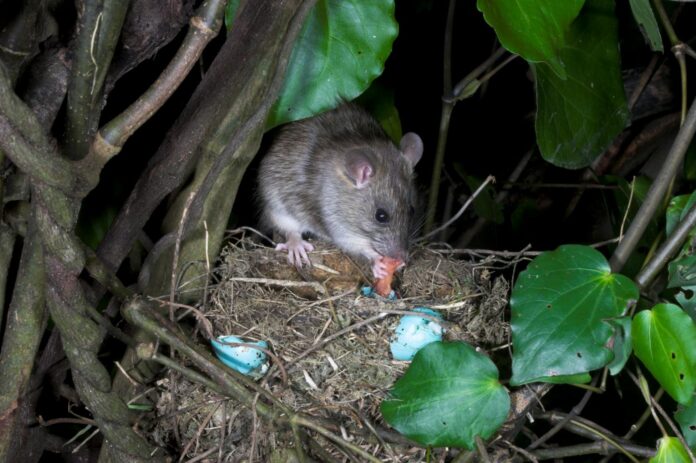Source: Auckland Council
A $4.85m project to target the eradication of rats, stoats and possums on Kawau Island in the Hauraki Gulf has received an injection of $1.3m from the Government’s Jobs for Nature Fund through Predator Free 2050 Ltd.
Auckland Council’s Natural Environment Target Rate will fund around $1.4m with the balance of funding coming from other partners.
The Auckland Council-led project will work with Ngāti Manuhiri, the Pohutukawa Trust and the Department of Conservation.
In addition to rats, stoats and possums, wallabies, first introduced to the island by Governor Grey, will be included in the project.
“Kawau is one of the last remaining islands in the Hauraki Gulf Marine Park predators call home,” says Councillor Richard Hills, Chair of the Environment and Climate Change Committee.
“The island is alive with native vegetation and fauna such as the North Island brown kiwi, bellbirds and kaka but sadly the quality of both is declining. This project is a crucial step in helping reverse that decline.
“The majority of the islands in the marine park are now free of invasive mammals and this represents an important opportunity for Tāmaki Makarau / Auckland to extend the network of pest-free islands.”
The idea to undertake an eradication plan was floated in 2017 and adopted by Auckland Council in its Regional Pest Management Plan 2020-2030.
“Regeneration of the island has effectively stalled due to the increased browsing of predators. Community-based efforts have resulted in partial recovery in some areas so to have this additional COVID-19 stimulus funding to sit alongside Council’s Natural Environment Targeted Rate to tackle this challenge is welcome,” says Rachel Kelleher, General Manager Environmental Services.
“This is an ambitious project and will require commitment and effort from all to ensure the project’s success.”
The first stage of the six-year project will involve a detailed feasibility assessment involving the community and including options to minimise incursions once pests have been removed.
The first stage of the project is forecast to create 23 jobs.
Read the Predator Free 2050 media release here.



